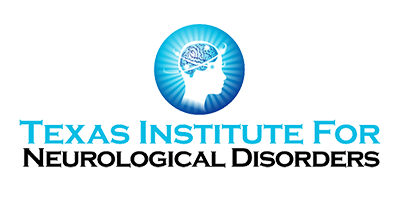What is a Concussion?
Concussions are a type of traumatic brain injury (TBI) that occurs when the head or body experiences a sudden, forceful impact. This impact can cause the brain to move forcefully inside the skull, potentially leading to chemical changes and brain cell damage. Various factors can cause concussions, including blows to the head or body and sudden movements that cause the head to shake or twist.
Concussion Symptoms and Signs
If you recently experienced a head injury, then you could possibly have a concussion. Here are some of the most common concussion symptoms:
- Headache, migraine, or “pressure” in the head
- Nausea
- Vomiting
- Balance problems or dizziness
- Double or blurry vision
- Bothered by noise or bright light
- Feeling sluggish, hazy, foggy, or groggy
- Confusion, concentration, or memory problems
- Just not “feeling right” or “feeling down”
Along with concussion symptoms, many signs can signify you or someone you know had a concussion. Here are the signs of a concussion:
- Can not recall events before or after a hit or fall
- Appears dazed or stunned
- Forgets an instruction, is confused about an assignment or position, or is unsure of the game, score, or opponent
- Moves clumsily or awkwardly
- Slowly responds to questions asked
- Loses consciousness, even if just momentarily
- Displays mood, behavior, or personality changes
Most Common Causes of Concussion
Many potential causes can lead to a concussion. A concussion most often occurs when someone falls and hits their head. Therefore, falls are the most common way people experience this type of head injury. There has been an increasing trend of doctors diagnosing concussions and other brain injuries in seniors, often due to falls. These injuries can have severe consequences. Older adults must be aware of the signs and symptoms of a concussion and should seek medical attention immediately after a serious fall.
In addition, falls that can lead to concussions frequently occur in contact sports, such as football, cheerleading, soccer, and ice hockey. In fact, between 1.7 and 3 million sports– and recreation-related concussions happen every year, and around 300,000 of those are from football.
How a Neurologist Can Help with Concussion Treatment
A neurology specialist can help diagnose and provide an appropriate treatment plan for those experiencing intense head injuries. If you are located in the DFW and surrounding areas and need to see a neurologist near you about a concussion, the TIND team can help. Since 1978, our top-rated neurologists and trusted medical providers have provided concussion treatment near the Dallas, Sherman, Plano, Frisco, Richardson, Denison, Grapevine, Keller, Arlington, and Mckinney, Texas regions. We also have a neurology clinic in Durant, OK. Contact our scheduling team today to make an appointment at one of our award-winning facilities!
